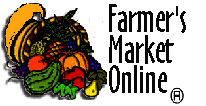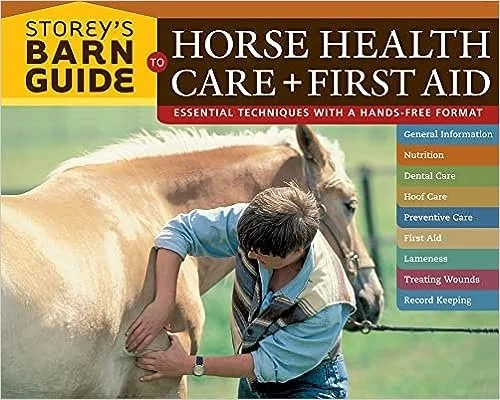What To Do About Colic
Photo by Mikael Kristenson on unsplash
Colic is a catch-all reference to "abdominal pain," which can have a variety of symptoms and arise from , a myriad of causes.Some of the more common types of the ailment include spasmodic colic (intermittent cramps arising from overexcitement or nervousness), sand colic (from unintentionally consuming sand) entertitis (an inflamation of the intestines often caused by parasites or toxins), constipation (from lack of water or exercise), and flatulent colic (excessive gas arising from highly fermentable feeds).
Never attempt to treat colic on your own," Storey's Barn Guide to to Horse Health Care + First Aid advises. "Colic is serious business. Improper treatment can lead to death, so a horse showing obvious signs of gastrointestinal distress should be examined by a vet.
"If the horse shows signs of colic, make note of his symptoms, take his pulse, check his capillary refill time, perform a pinch test and listen to his gut sounds. Then call the vet with your findings. Never leave a colicky horse unattended for long."


